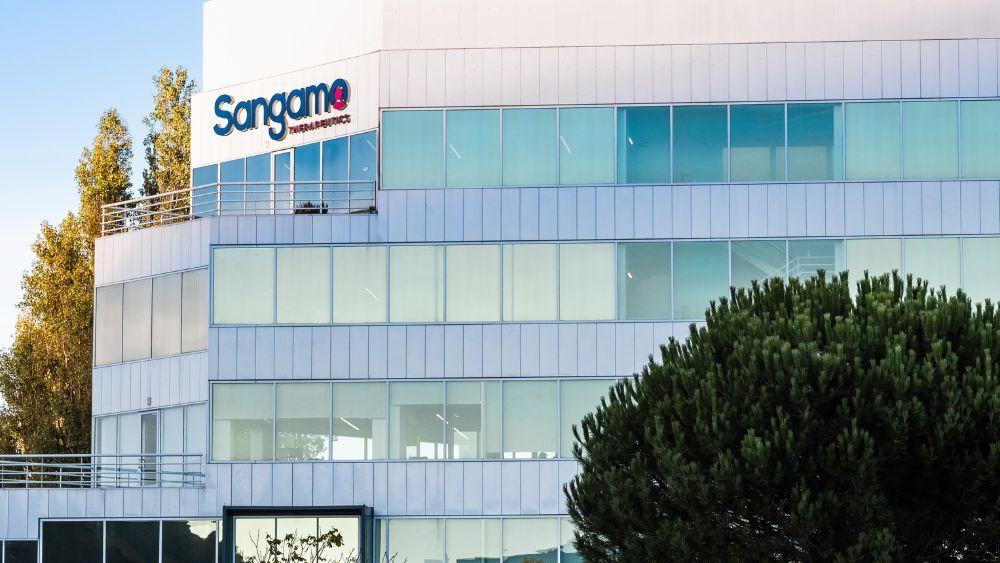MARLBOROUGH, Mass.--(BUSINESS WIRE)--Advanced Cell Technology, Inc.’s (“ACT”; OTCBB: ACTC or the “Company”), clinical partner, the University of California, Los Angeles (UCLA), has received approval of its Investigator Investigational New Drug (IND) Application with the US Food and Drug Administration (FDA), led by Steven Schwartz, M.D., Ahmanson Professor of Ophthalmology at the David Geffen School of Medicine at UCLA and retina division chief at UCLA’s Jules Stein Eye Institute, to initiate a Phase I/II study using ACT’s retinal pigment epithelial (RPE) cells derived from human embryonic stem cells (hESCs) to treat myopic macular degeneration (MMD, or myopia), commonly known as nearsightedness. The primary focus of the study will be to evaluate the safety in patients with severe myopia of the type that causes fissures in the RPE layer of the eye. Dr. Schwartz is the principal investigator in each of ACT’s two Phase I/II clinical trials for Stargardt’s macular dystrophy and dry age-related macular degeneration (dry AMD) using RPE cells derived from hESCs. The approval was announced by Dr. Schwartz in his presentation at Bascom Palmer Eye Institute’s tenth annual angiogenesis meeting, “Angiogenesis, Exudation, and Degeneration 2013,” on Saturday, February 9 in Miami, Fla.




